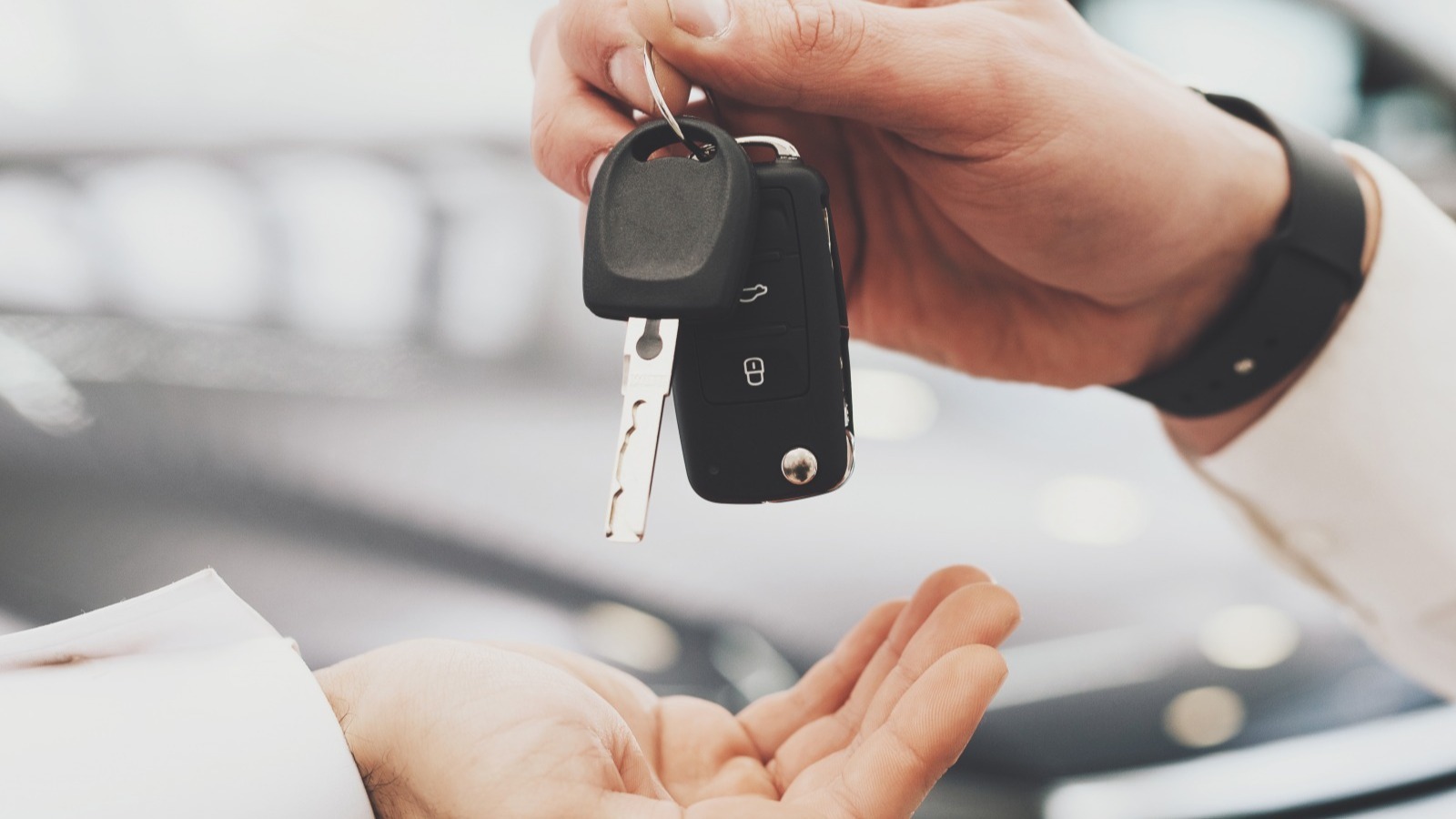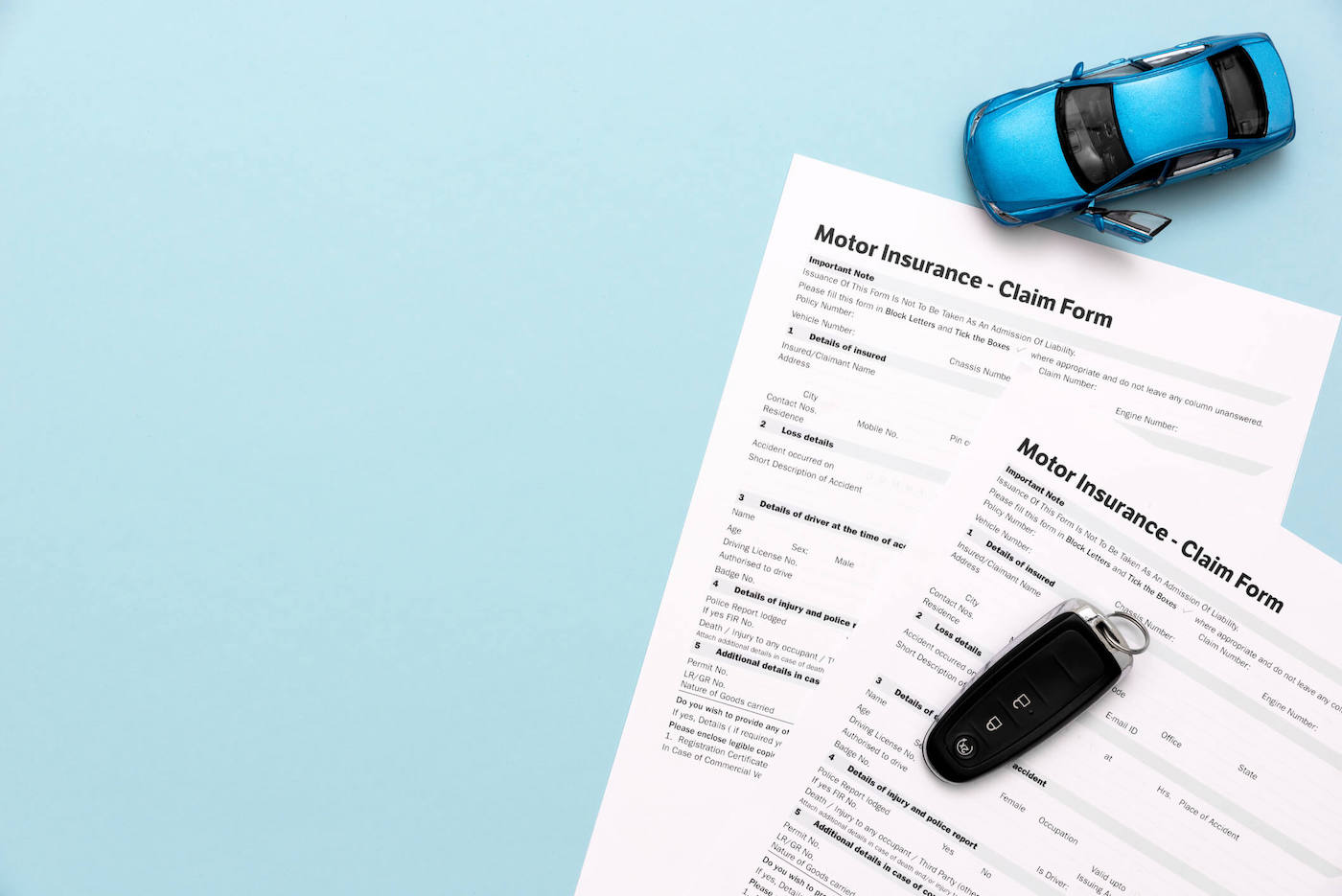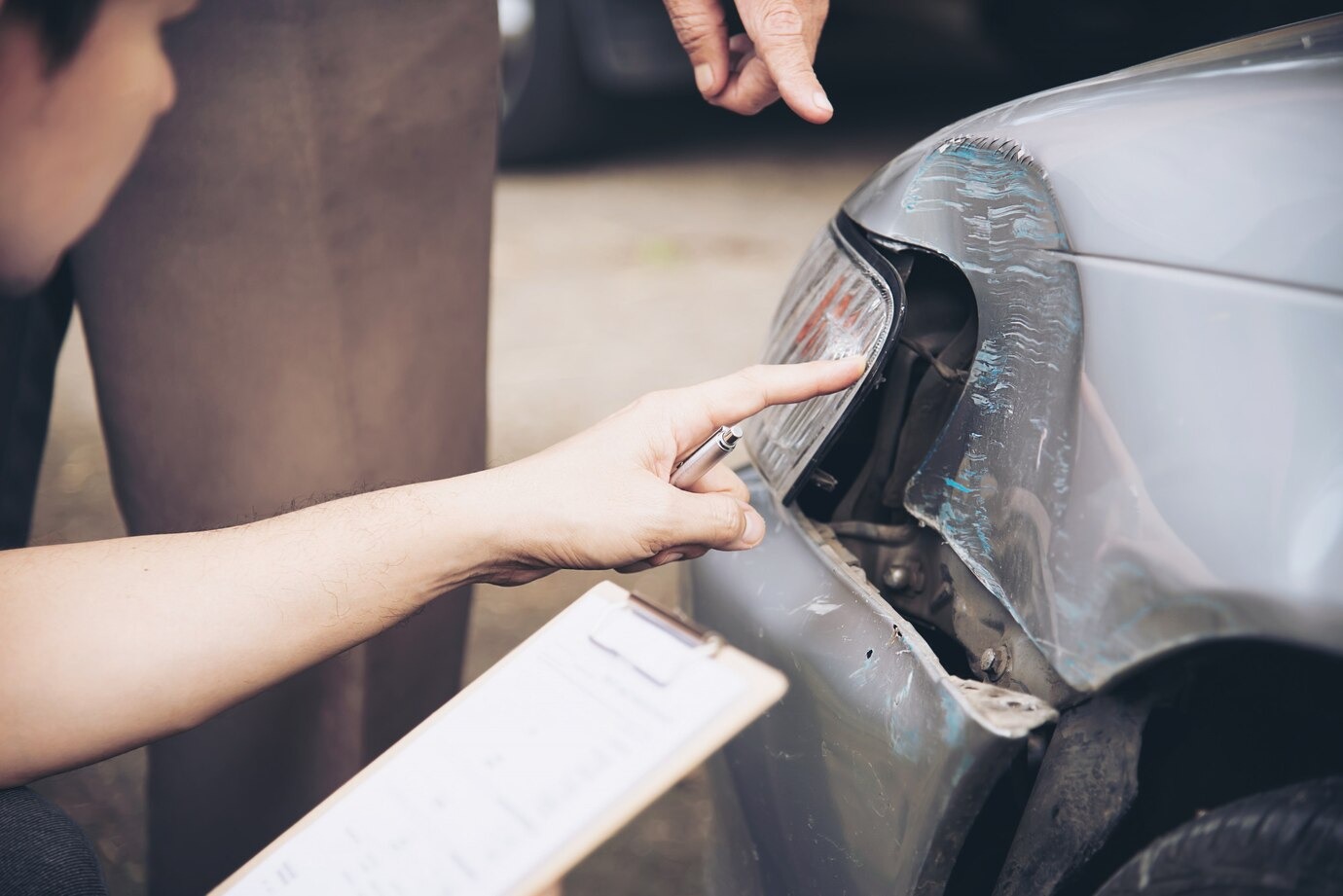Are you looking to sell your car in the European Union in 2024? The EU has some complex rules and regulations that must be adhered to when it comes time for you to offload your vehicle. In this article, we will provide an overview of the tips, rules, and what you need to know about selling a car within the EU.
From understanding import duties and taxes, ensuring compliance with local laws, registering with authorities; selling a car is never as straightforward as it seems. Well, help make the process easier so that you can get top dollar for your used vehicle while staying compliant with all applicable legislation.
Overview of Selling Your Car in the EU 2024
The Overview of Selling Your Car in the EU 2024 offers important information for car owners who are considering selling their vehicles. This overview will provide insight into the rules and regulations governing sales, as well as tips on how to maximize profits when selling a car in the European Union. It will also explain what documents are needed to complete a sale and outline any applicable taxes or fees that may apply.
While navigating these complex processes can seem daunting at first, this guide provides an easy-to-follow roadmap so you can confidently move forward with your plans to sell your car in Europe.
Top Tips for a Smooth Sale

1. Start by preparing your car for sale: make sure you have all the necessary documents, check its condition, and fix any issues that may arise.
2. Research potential buyers in your area to ensure you can get a good price for your vehicle.
3. Consider whether selling online or through an auction is best suited for selling your car quickly and at a fair price.
4. Make sure to properly advertise the sale of your car with detailed information about its features and benefits so buyers are informed about what they’re purchasing before making an offer to purchase it from you directly or via another platform/auction house.
5. Research the taxation laws in each country or region where you plan on selling – understanding these rules will help avoid costly mistakes while negotiating prices with potential buyers who may be located outside of the EU 2024 zone.
6 . Remember that when it comes to sales, timing is key – try not to rush into negotiations as this could cost you money if prices aren’t discussed beforehand or if there are unforeseen circumstances that could affect pricing after a deal has been agreed upon.
7 . Be mindful of data protection regulations when sharing details with interested parties, such as personal information (e-mail addresses, etc.) and payment methods used during transactions.. 8 . Finally, be sure to keep records of all conversations regarding the sale of your car including emails sent/received between yourself and potential purchasers – this will help reduce disputes over deals made later down the line!
Rules and Regulations to Consider
When it comes to selling a car in the EU, there are several rules and regulations that you should be aware of. First, you must ensure that the car is properly registered with your local government authority.
This will involve providing documents proving ownership of the vehicle as well as proof of insurance coverage for any accidents or incidents that may occur while on the road. Additionally, you should check whether there are any restrictions on where and how you can sell your car; some countries have more stringent regulations than others when it comes to this matter.
Furthermore, depending on where you live, taxes may also need to be paid to legally transfer ownership of the vehicle from one person to another. Finally, make sure that all safety requirements are met before attempting a sale; things such as brakes and tires should be checked regularly for wear and tear so they meet current standards set by law enforcement agencies in each country within the EU region.
What You Need to Know Before Listing Your Vehicle

Before you list your vehicle for sale in the EU, there are some key points to consider. Firstly, you need to make sure that it is legally compliant with European regulations and standards.
You should check whether any modifications have been made that may affect its safety or emissions performance. Additionally, you should ensure all required documents such as registration papers, service records and certificates of compliance are available.
It’s also important to know the current market value of similar vehicles so that you can set a realistic asking price when listing your vehicle. The last thing to remember is to be honest about any damage or wear-and-tear on the car; buyers will appreciate transparency and this will help build trust between both parties throughout the transaction process.
Conclusion
Selling your car in the EU 2024 comes with a few rules and regulations that you need to be aware of. It’s important to understand the paperwork, tax implications, and other requirements necessary for selling a vehicle safely and legally.
Fortunately, there are several tips available that can help make the process easier. Look into auto verkopen services as well as online marketplaces to get an accurate assessment of your car’s value before listing it for sale. Make sure to provide buyers with full disclosure of any repairs or maintenance needed on the vehicle before closing the deal.
With these helpful tips in mind, you can have peace of mind knowing that selling your car within the EU will be hassle-free and successful!






